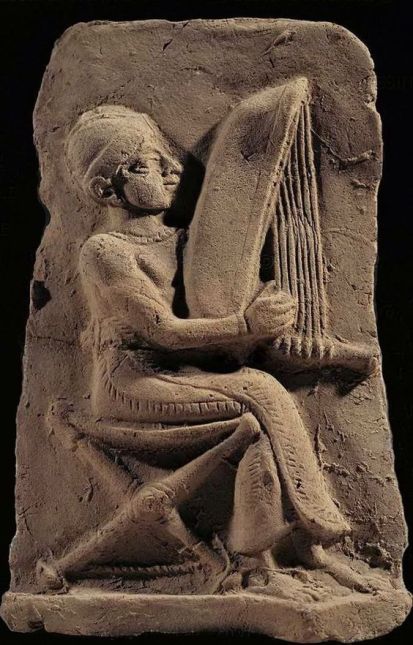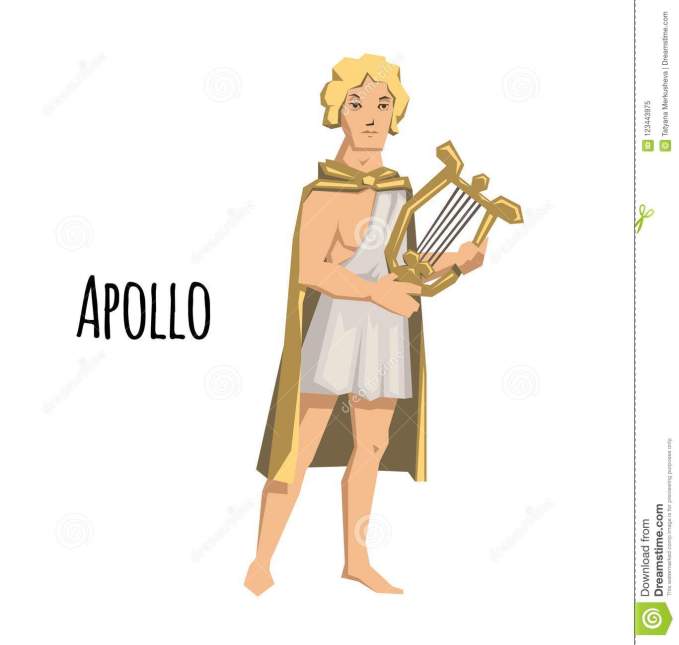Some Christian groups have adopted a religious practice to use harps and/or lyres only for worship services some claiming that in heaven these are the only musical instruments. But reading the following Bible passages from Daniel 3 we can note that harps were commonly used by pagan kings and priests for idolatry practices too. In addition it is believed to have possibly body, senses and mind control effects on the worship congregation. We pray that the Spirit of Truth reveals to those who have been subject to this influence. Ask why you choose to continue in it. Knowing the truth will set you free. (John 8:32)
Bible Truth:
Daniel 3 (excerpts) Nebuchadnezzar the Babylonian king made an image of gold and set it up in the plain of Dura, in the province of Babylon. He required all his subjects to fall down and worship the idol when the music played.
“Then a herald cried aloud: “To you it is commanded, O peoples, nations, and languages, that at the time you hear the sound of the horn, flute, harp, lyre, and psaltery, in symphony with all kinds of music, you shall fall down and worship the gold image that King Nebuchadnezzar has set up; and whoever does not fall down and worship shall be cast immediately into the midst of a burning fiery furnace.” So at that time, when all the people heard the sound of the horn, flute, harp, and lyre, in symphony with all kinds of music, all the people, nations, and languages fell down and worshiped the gold image which King Nebuchadnezzar had set up.” But the three friends of Daniel refused to follow this decree. They would rather die than to bow down to the golden image. They were then miraculously saved by our God.
Daniel 3 (excerpts) Nebuchadnezzar the Babylonian king made an image of gold and set it up in the plain of Dura, in the province of Babylon. He required all his subjects to fall down and worship the idol when the music played.
“Then a herald cried aloud: “To you it is commanded, O peoples, nations, and languages, that at the time you hear the sound of the horn, flute, harp, lyre, and psaltery, in symphony with all kinds of music, you shall fall down and worship the gold image that King Nebuchadnezzar has set up; and whoever does not fall down and worship shall be cast immediately into the midst of a burning fiery furnace.” So at that time, when all the people heard the sound of the horn, flute, harp, and lyre, in symphony with all kinds of music, all the people, nations, and languages fell down and worshiped the gold image which King Nebuchadnezzar had set up.” But the three friends of Daniel refused to follow this decree. They would rather die than to bow down to the golden image. They were then miraculously saved by our God.
Random information on the origins and ancient uses of harp and lyre quoted from various Internet Googled Sources:
According to ancient Greek mythology, the young god Hermes created the lyre from a large tortoise shell which he covered with animal hide and antelope horns. Lyres were associated with Apollonian virtues of moderation and equilibrium. Legend also tells the tale of Orpheus, the son of Apollo, whose “rich clear words and the silvery notes from his harp were so enchanting that they … had a magical effect on everything around him…
The harp has occupied a place in myth, legend, and lore for as long as it has been around as an instrument. Perhaps because of its powerful effect upon the body and the senses, including it’s ability, when properly played, to transport the listener to an elevated state of consciousness. It is not surprising that the harp appears as an important symbol in several cultures. Because of its association with the “divine” and “ethereal”, many mythical creatures are often depicted playing harps, including angels, mermaids, sirens, gods, elves, and so on. On ancient Crete is where the harp or lyre was first invented and where you will find the first depictions and images of various Cretan Gods, Goddesses, priests, and priestesses, playing the harp.
For this “divine” reason, the harp would become one of the main symbols for these people who we know of by the names of the Cretans, Phoenicians, Ionians, Minoans, Arcadians, Atlanteans, Persians, Greek Hellenes, Hebrews, Scythians, Saxons, Angles, Irish, Picts, and Celts.
~~~~~~~~~~~~~~~~~~~~~~~~~~~~~~~~
1 John 4:1
Beloved, do not believe every spirit, but test the spirits, whether they are of God; because many false prophets have gone out into the world.
1 John 4:1
Beloved, do not believe every spirit, but test the spirits, whether they are of God; because many false prophets have gone out into the world.


